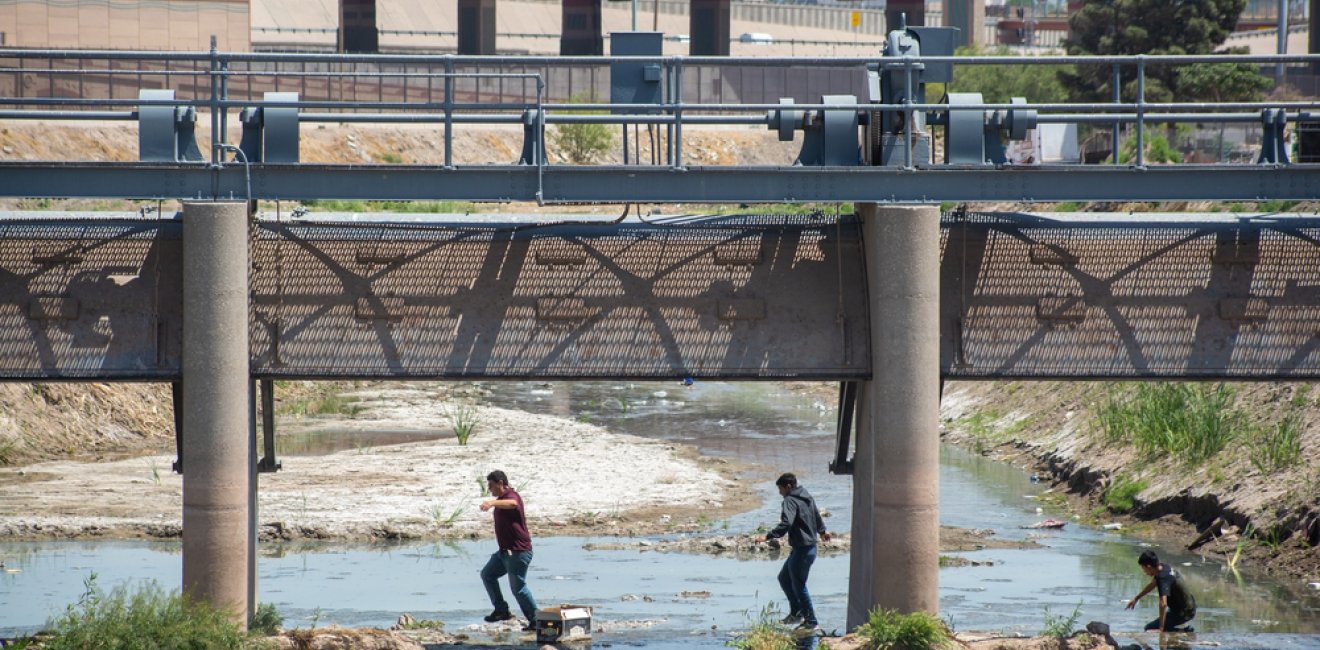
A blog of the Wilson Center

The number of migrants illegally entering the United States from Mexico and the Northern Triangle in August was down 50% from a year ago. The number of those coming from Cuba, Nicaragua and Venezuela was up 175%.
Customs and Border Protection “encounters” along the southern border have already surpassed 2 million for 2022. But a closer look at CBP data not only suggests that such migration is on the rise, but that the makeup of those trying to the United States is changing sharply.
The American public has long (and inaccurately) assumed that the migrant population illegally crossing over into the US is largely Mexican. In reality, the largest number have originated in the Northern Triangle countries—especially in recent years. Economic desperation, weak governance and crime have been drivers of migration from these areas, and have led the US—in addition to efforts at enhanced border enforcement— to focus development investments there.
But in recent months, the dynamics and demographics of those fleeing to the US have shifted sharply, and suggest current US policy is unlikely to stem the tide.
Cuba: This year alone, some 200,000 Cubans have fled to the United States by land, and more than 6,000 Cubans have been intercepted at sea. This represents the largest wave of migration from the communist island since dictator Fidel Castro first seized power, and exceeds the numbers from the 1980 Mariel boatlift and the 1994 Balcero raft exodus combined. Without meaningful opportunities at the ballot box, many Cubans are simply responding to such conditions as the regime’s brutal (and well-publicized) crackdowns against protests—including the Patria y Vida protests from July 2021—by voting with their feet. When that repression is added to the regime’s mismanagement of key sectors like energy (this island has seen regular power outages and since Hurricane Ian has been in blackout), the increased flight of Cubans isn’t really a surprise.
Nicaragua: Through the first seven months of 2022, nearly 100,000 Nicaraguans were detained by CBP authorities as they tried to enter the US—over 12,000 in July alone. It’s no secret that the Ortega regime has become one of the world’s most repressive. After a fraudulent election last year marked by the arrest and detention of nearly every candidate opposing Ortega and violent crackdowns on journalists and civil society figures, the regime appears to be doubling down in its approach. In addition to expelling religious congregations (including Mother Teresa’s nuns) and arresting priests, Ortega continues to have no tolerance for any voices that stray from his own official pronouncements. In September, for example, he ordered CNN en Español off the air. So far in October, he has publicly labeled the Catholic Church a dictatorship, blocked the entry of the new US ambassador, expelled the EU ambassador and severed diplomatic relations with the Netherlands.
Venezuela: In a recent report, the UN High Commissioner for Refugees concluded that more than 6 million Venezuelans have fled the Maduro regime and that there are now 6.8 million Venezuelan refugees and migrants around the world. That is roughly the same number as Ukrainian refugees displaced by Russia’s war on Ukraine and even more than the total number of Syrians who have been displaced. Many analysts are quick to point out that what separates Venezuela is that the Ukraine and Syrian displacements are the result of war. Others would argue that sweeping human rights violations, repeated fraudulent elections, and the imposition of kleptocracy are merely war without the artillery.
The Biden Administration has taken steps to tackle the drivers of migration in the Northern Triangle, but tyranny, repression and mismanagement in Cuba, Venezuela, and Nicaragua will require a different approach. Nor can we simply pledge to deport or return those who are fleeing such regimes. As a BBC analyst recently said, “They’d rather die than return to Nicaragua.” President Biden put it just as bluntly to reporters that returning migrants to Cuba, Nicaragua, and Venezuela “is not rational.”
Author

Explore More in Stubborn Things
Browse Stubborn Things
Spying on Poachers

China and the Chocolate Factory

India: Economic Growth, Environmental Realities
